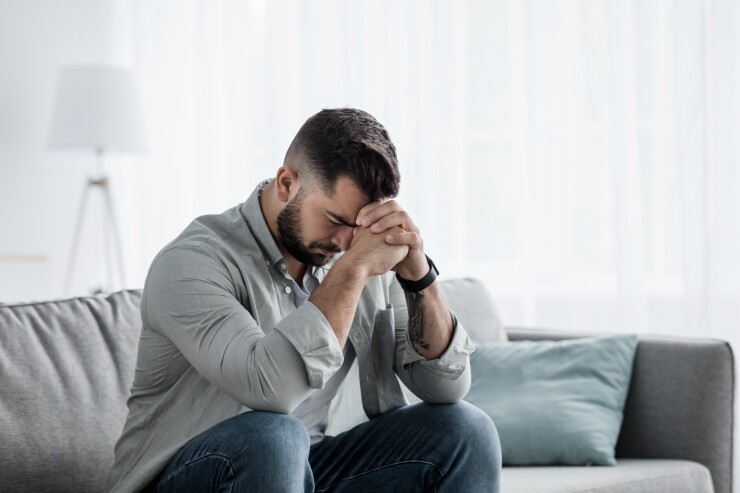kafeelansari1
49 posts
Aug 26, 2025
5:03 AM

|
Grief is an intense emotional experience that affects not only the heart and mind but also the body. Many individuals who proceed through loss report a consistent sense of exhaustion that feels impossible to shake. This fatigue is not only about being physically tired—it is also deeply attached to the mental and emotional strain that grief brings. When you are grieving, your body and mind are working harder than usual to process emotions, memories, and the reality of change, which naturally drains your energy.

One major reason grief makes people tired may be the emotional stress it creates. Experiencing sadness, longing, or even anger requires enormous mental energy. Your brain is in a continuing state of processing, trying to modify to a fresh reality without the person or relationship you've lost. This mental overload can mimic the results of stress, leaving you feeling physically weak and mentally foggy. Even simple daily tasks can appear overwhelming, as though they demand more effort than usual.
Sleep disturbances also play a big role in grief-related fatigue. Many grieving individuals struggle with falling asleep, getting out of bed in the middle of the night time, or experiencing restless dreams. The lack of deep, restorative sleep helps it be harder for the human body to recharge, which does grief make you tired intensifies feelings of tiredness during the day. In some instances, people find themselves sleeping a lot more than usual, though waking up without energy because their emotional state prevents proper rest.
The physical body also responds to grief as though it were under prolonged stress. Hormones like cortisol increase, leading to muscle tension, headaches, and feelings of overall weakness. This stress response keeps the human body in a heightened state, which can be exhausting over time. Because grief is not something that resolves quickly, this constant state of strain can work for weeks or even months, making exhaustion a really common symptom during mourning.
While grief-related tiredness can appear overwhelming, there are ways to cope. Practicing self-care, maintaining a wholesome sleep routine, and allowing yourself to rest without guilt will help manage fatigue. Speaking with supportive friends, joining grief support groups, or seeking therapy also can lighten the emotional load, giving the human body and mind the room they have to heal. Understanding that tiredness is just a normal element of grief may not erase the exhaustion, but it would bring comfort in knowing that the body is just answering deep emotional pain.
|